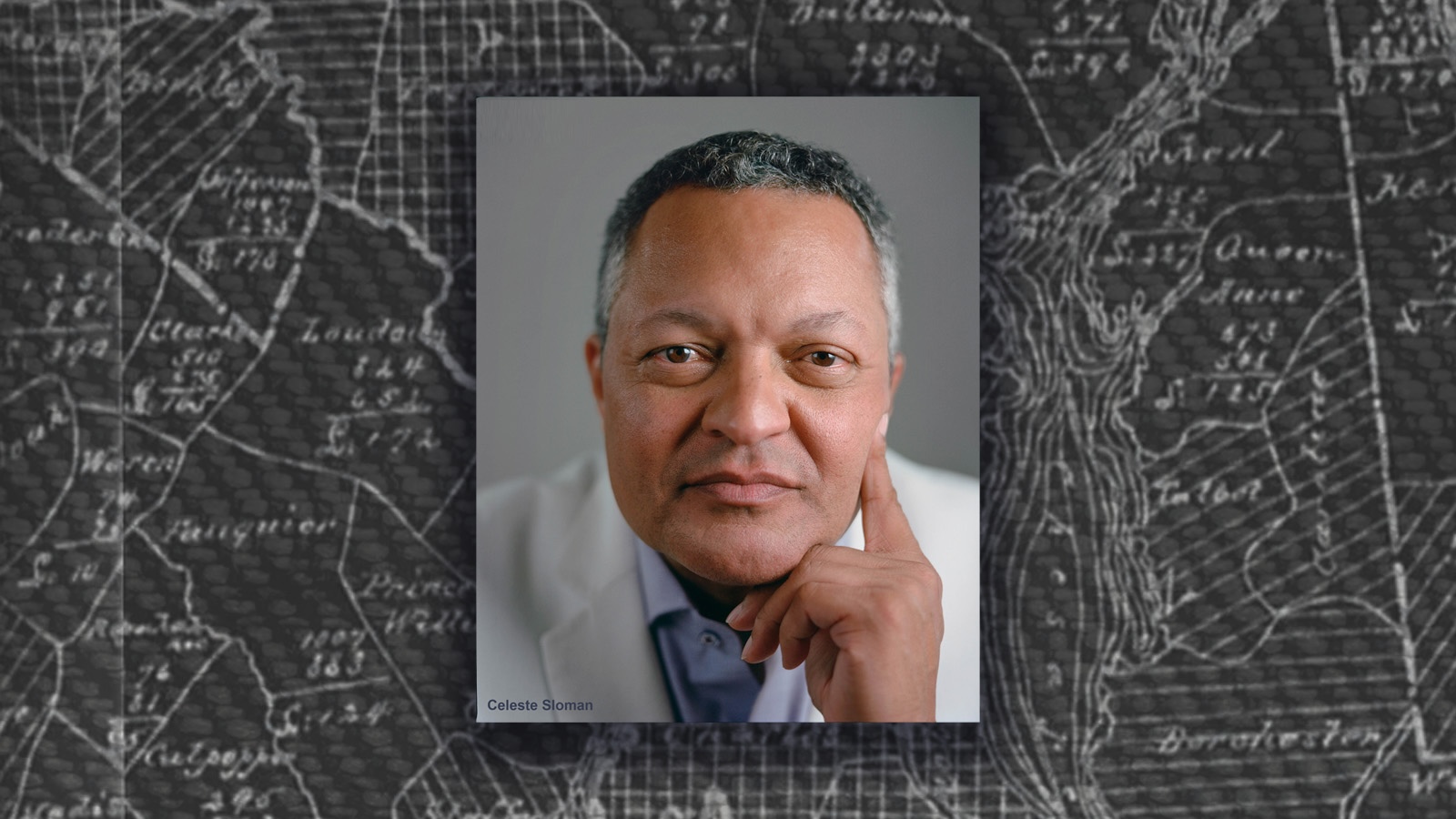In the Footsteps of Freedom: Kenneth B. Morris Works to Honor Legacy of Ancestors Frederick Douglass and Booker T. Washington
November 01, 2024

Morris is the inaugural speaker for the Douglass Center’s Lessons in Leadership series.
By Jessica Weiss ’05
For Kenneth B. Morris, Jr., a 2003 National Geographic cover story titled “21st Century Slaves” was more than a jarring headline—it was a personal awakening. As a descendant of Frederick Douglass and Booker T. Washington, Morris understood his family’s legacy of liberation. But the story brought a new clarity: the fight wasn’t over. Today, he sees himself as carrying his ancestors’ vision forward to combat modern-day slavery, inequality and injustice.
Morris is the co-founder and president of Frederick Douglass Family Initiatives, a nonprofit organization based in Rochester, New York, that seeks to “build strong children and to end systems of exploitation and oppression.” The organization educates the public—especially young people—about the crime of human trafficking and works to address racial prejudice and economic, health and educational disparities.
On the eve of his visit to the University of Maryland as part of the Frederick Douglass Center for Leadership Through the Humanities’ Lessons in Leadership Series, Morris reflected on his ancestors’ enduring impact, his commitment to social justice and the powerful role of education and civic engagement in creating future leaders. Here are highlights:
Why are issues like human trafficking and racial inequality so important to you, and how do you think your ancestors would view these struggles?
Though it's difficult to know for certain what causes my ancestors would champion today, I believe they would still focus on advancing education, social justice and human rights. Human trafficking, a modern day form of enslavement, is an injustice I believe Frederick Douglass would be tireless in fighting, just as he fought to end slavery in the 19th century. Systemic racial inequality—evident in disparities across education, healthcare, economic opportunity and justice—echoes the struggles both of my ancestors confronted.
What role do the arts and humanities play in your work, and why do you believe they are essential to addressing social issues?
The arts and humanities are powerful tools for understanding complex issues and imagining a better future. Engaging with art, literature and history doesn't just teach us facts; it helps to foster empathy, critical thinking and creativity. Frederick Douglass wielded his command of language to expose the horrors of slavery, challenging people to see both society and themselves in a new light. Booker T. Washington, through education at Tuskegee, built self-worth, resilience and leadership among Black Americans, showing that learning was crucial for progress. Today, I believe we are responsible for using our voices, stories and creativity to inspire future leaders and advocate for change.
Civic engagement and the right to vote were both deeply important to your ancestors. What would you say to people who feel disengaged from the political process today?
Engaging in the political process honors our ancestors' sacrifices and shapes the society we want to create. Frederick Douglass believed the ballot was a powerful tool for freedom, once stating, "I insisted that there was no safety for him, nor for anybody else in America, outside the American Government: that to guard, protect, and maintain his liberty, the freedman should have the ballot." His work helped pass the 15th Amendment, granting Black men the right to vote. Booker T. Washington emphasized civic engagement as empowerment, urging African Americans to become active, informed citizens. Today, during a critical election season, issues like racial injustice, economic inequality and reproductive rights remind us of the need for every voice to be heard. By voting, we connect contemporary struggles with our ancestors' fight for justice.
What can we learn about effective leadership from Frederick Douglass’ legacy?
Frederick Douglass's commitment to the humanities wasn’t just a facet of his life—it was the foundation upon which he built his extraordinary legacy as a leader. His journey from enslavement to becoming one of the most influential and consequential voices for justice and equality in American history illustrates how reading, writing and critical thinking can empower advocacy. His passion for ethics and culture also informed his leadership style, rooted in an unwavering commitment to justice, integrity and the dignity of all people. Douglass’ speeches were imbued with a deep moral purpose, urging his audience to confront the injustices of their time. His legacy reminds us that literacy, ethics and cultural understanding are vital for effective leadership in creating a more just world.
What do you hope people take away from your work, and how do you envision the impact of your family’s legacy on future generations?
Through my work, I hope to honor my history, uphold my ancestors’ legacies and make an enduring impact in the ongoing fight for justice.
Morris will be in conversation with ARHU Dean Stephanie Shonekan and Associate Dean GerShun Avilez, director of the Frederick Douglass Center, on Monday, November 4 at 5 p.m. at Ulrich Recital Hall in Tawes Hall. A reception and book giveaway will follow the event. Learn more and attend.

